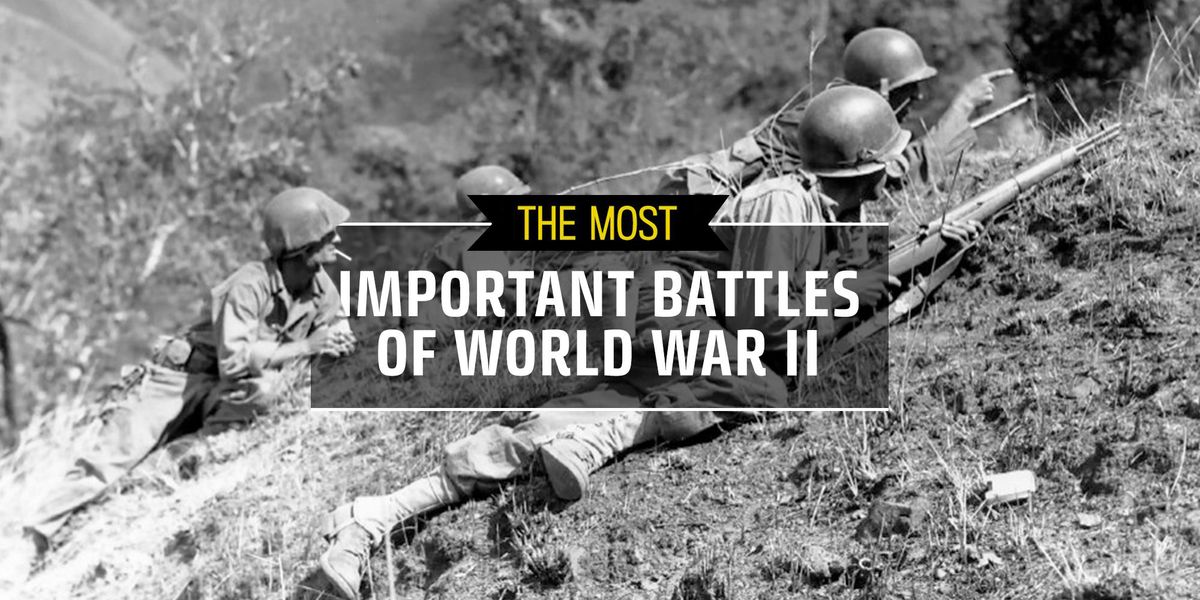World War I and II were two major conflicts in the 20th century. World War I lasted from 1914 to 1918 and saw the Allied Powers led by Great Britain, France, and Russia, face off against the Central Powers led by Germany, Austria-Hungary, and Italy. World War II lasted from 1939 to 1945 and involved the Axis Powers led by Nazi Germany, Fascist Italy, and Japan, against the Allied Powers led by the US, UK, and Soviet Union. Both wars had significant impacts on the world economy, society, politics, and culture and resulted in massive casualties and destruction across the globe.
World War I vs. World War II: Comparing Two of the Most Devastating Wars in History
Wars have always been a part of human history, but no wars had as much stunning impact as these two world wars. They were two massive conflicts in the twentieth century that had a massive impact on the world arena. Both wars significant impact on the economy, society, politics, and even the culture of the world in their respective times. They shared numerous similarities, but they also had their differences. In this article, we will be comparing and contrasting World War I with World War II.
Overview of the Two World Wars
World War I, also known as the Great War, was a global war that started in Europe and lasted from 1914 to 1918. It involved the Allied Powers led by Great Britain, France, and Russia, against the Central Powers led by Germany, Austria-Hungary, and Italy.
World War II, on the other hand, was a global war that lasted from 1939 to 1945. The war involved the Axis Powers led by Nazi Germany, Fascist Italy, and Japan against the Allied Powers led by the United States, United Kingdom, and Soviet Union.
Causes of the Wars
The two world wars were the results of several causes, and many historians have held differing opinions. For World War I, the primary causes were political alliances, militarism, imperialism, and the assassination of Archduke Franz Ferdinand of Austria-Hungary.
In contrast, the primary causes of World War II were the Treaty of Versailles, which was seen as the humiliation of Germany, the global economic recession, the failure of appeasement, and Hitler’s aggressive policies, which included the annexation of Austria and Czechoslovakia.
Military Tactics and Strategies
World War I was the first full-scale modern war that saw the introduction of new technologies like tanks, airplanes, and chemical weapons. The primary tactic involved trench warfare, and this led to massive casualties on both sides. The battle ensued in Europe, Africa, and the Middle East
In contrast, World War II had more significant military advancements, including improved tanks, submarines, and planes. The war saw the use of Blitzkrieg and island hopping strategies by the Axis and Ally forces. The war also involved the use of atomic weapons, which marked the end of the war.
Casualties and Destruction
Both wars saw massive casualties and destruction across the globe. World War I saw the death of over ten million soldiers and around eight million civilians. The war resulted in the collapse of empires, redrawn borders, and the signing of the Treaty of Versailles.
World War II was much deadlier, and estimates suggest that over seventy million people died, including six million Jews who were killed in the Holocaust. The war resulted in the division of Germany and the creation of two superpower countries- the United States and the Soviet Union.
Conclusion
Both World Wars were the most devastating wars of the twentieth century, and they changed the course of world history. The wars were different in terms of causes, military tactics, and casualties. However, both wars resulted in significant impacts on their respective time periods. The aftermath of World War I resulted in the rise of fascism, the Great Depression, and the disintegration of empires. In contrast, World War II resulted in the creation of the United Nations, the collapse of colonial empires, and international tensions. These wars are a reminder of the horrors of war and the importance of global peace and cooperation.
